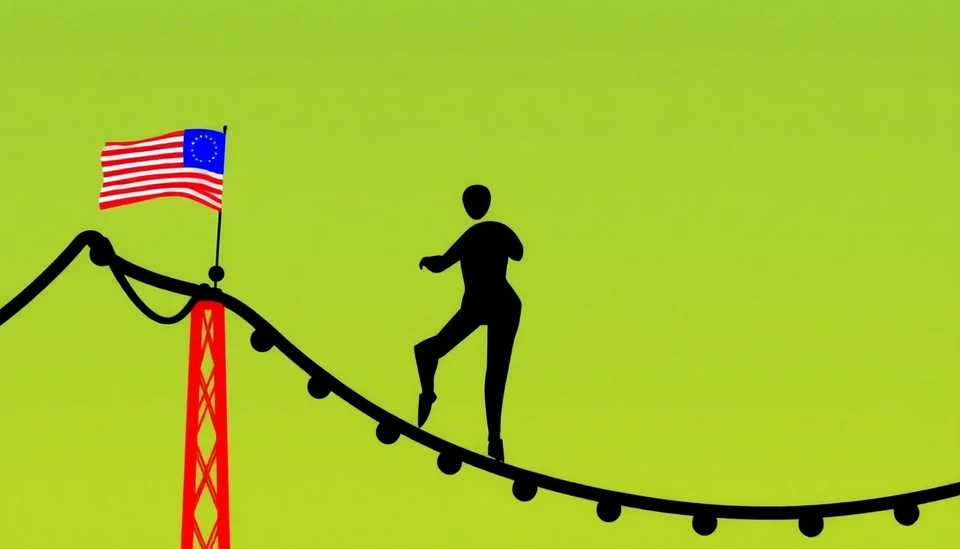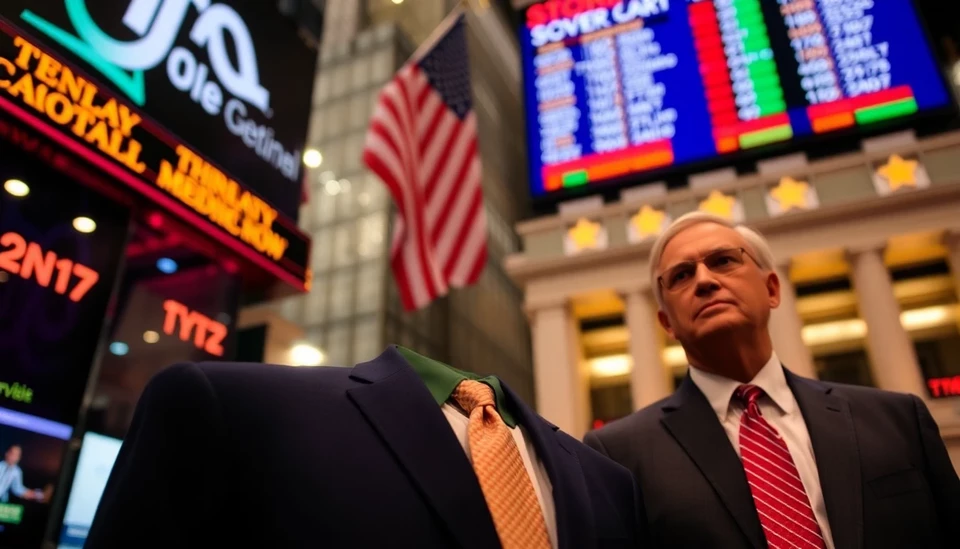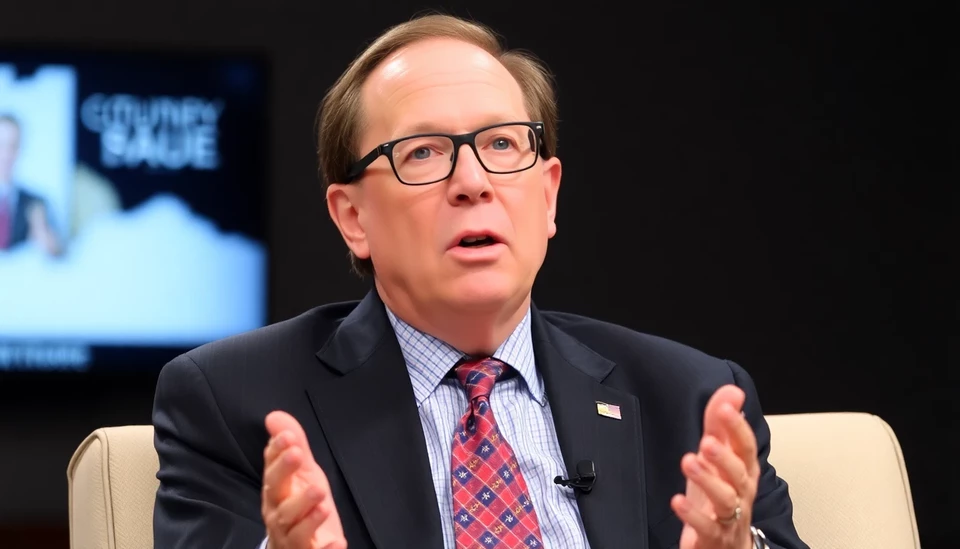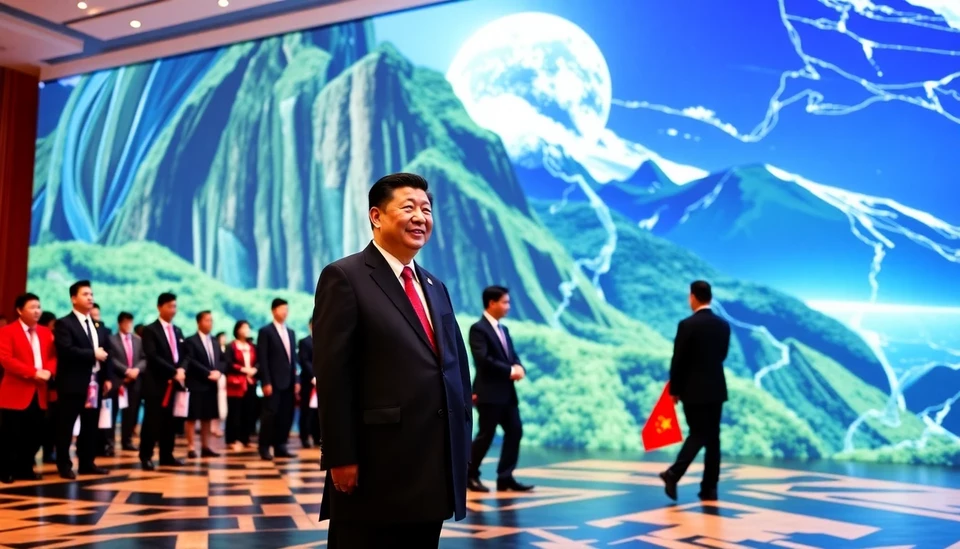
In a disconcerting turn of events for the global economy, numerous CEOs and business leaders have raised alarms over deteriorating market conditions, citing escalating tariff risks and uncertainty impacting stock performance and investor sentiment. Recent reports indicate a growing consensus among corporate executives that we are on the brink of a financial crisis, reminiscent of previous economic downturns.
The palpable anxiety stems from shifting trade policies and a rising tide of tariffs that threaten to disrupt supply chains and inflate operational costs. This uncertainty is leading to a cautious approach in corporate investment and hiring strategies, which market analysts warn could contribute to a broader economic slowdown. As companies face pressures from both domestic and international fronts, many are reevaluating their growth forecasts, further compounding investor apprehension.
Many CEOs have echoed similar sentiments during earnings reports, with statements highlighting the critical impacts of tariffs on profitability and pricing strategies. Notably, the tech and manufacturing sectors have voiced these concerns, as they traditionally rely on global supply chains that could be jeopardized by heightened protectionist measures. With competition and margin pressures mounting, these industries are bracing for potential fallout.
Furthermore, stock markets have responded negatively to these developments, with fluctuations marking the trading days as investors react to the prevalent mood of uncertainty. Significant volatility was observed, leading to a dip in indices, while investment funds and analysts ponder the extent of the threat posed by renewed tariff talks and trade negotiations that seem to yield little progress.
The sentiments from CEOs and market leaders coincide with a broader economic outlook that is teetering under the weight of geopolitical tensions and inflationary pressures. As consumers face rising prices, there is a heightened risk that spending patterns could shift, further straining businesses as they try to navigate this turbulent environment. This is contributing to an overall sense of gloom, which executives warn could spiral if not addressed with decisive policy measures.
In their calls for action, many business leaders are urging policymakers to adopt a more collaborative approach to trade discussions, aimed at mitigating risks and enhancing confidence among investors and consumers alike. The plea comes at a critical juncture, where the fate of businesses and the economy hangs in the balance due to these external pressures.
As the situation continues to evolve, all eyes will be on upcoming trade negotiations and monetary policy decisions that could either alleviate or exacerbate the existing turmoil. Monitoring these developments will be key for stakeholders who are keen on understanding the potential trajectory of the economy and the markets in the near future.
In summary, the concerns echoed by CEOs encapsulate a profound apprehension about the course ahead for businesses as unpredictable tariff risks loom large over the horizon. As these economic indicators continue to unfold, companies and investors are urged to remain vigilant and adaptable in this challenging landscape.
#CEOs #MarketTrends #TariffRisks #StockMarket #FinancialCrisis #GlobalEconomy #BusinessSentiment #TradePolicy #InvestmentStrategies #EconomicOutlook
Author: Laura Mitchell




